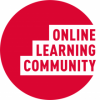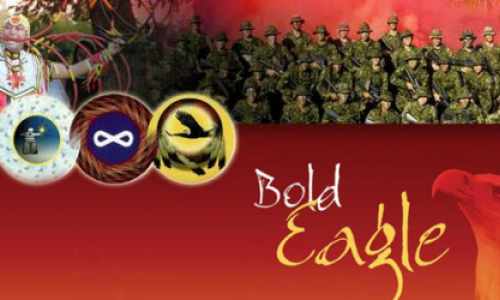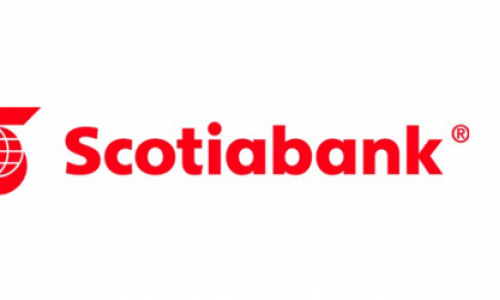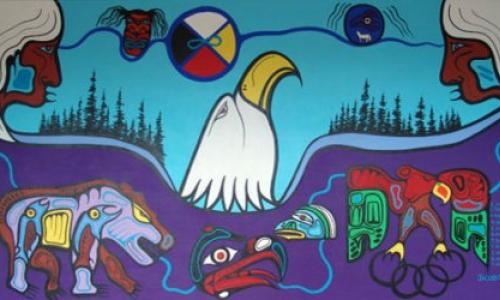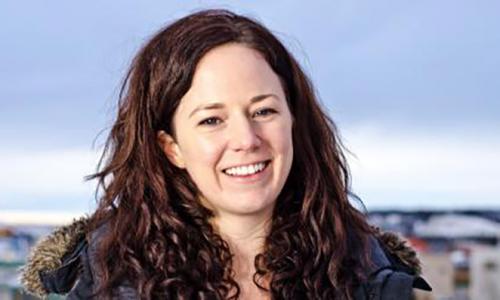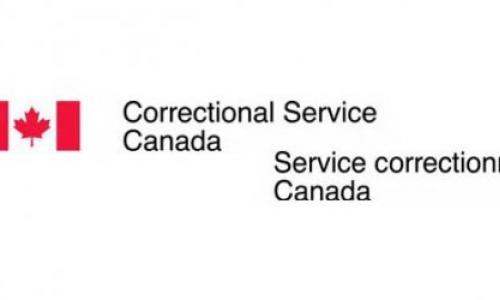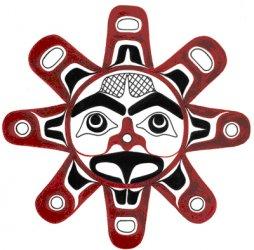
Chee Mamuk is a provincial Aboriginal program housed at the British Columbia Centre for Disease Control (BCCDC) that provides innovative and culturally appropriate sexually transmitted infection (STI), Hepatitis, and HIV training, educational resources, and wise practice models.
Chee Mamuk’s services are grounded in community, tradition and science in order to promote healthy sexuality and to build capacity in Aboriginal communities to prevent the spread of HIV, Hepatitis, and STIs. Chee Mamuk’s ongoing relationship with Aboriginal communities is very important to the success of the program
The vision for Chee Mamuk is; a life characterized by healthy sexuality and free of STIs, Hepatitis, and HIV/AIDS for Indigenous peoples. Chee Mamuk values creativity, building on strength, building on tradition and culture, integrity, and collaboration. Chee Mamuk has a holistic, positive approach that sees the value in every life. Chee Mamuk is built on a harm reduction model.
Chee Mamuk provides workshops for Aboriginal children, youth, adults and Elders and training for frontline staff who work in Aboriginal communities. The workshops and trainings are fun, interactive, and flexible. They have been created and designed to suit the needs of Aboriginal people.
A great success of Chee Mamuk is the Around the Kitchen Table (ATKT) project. ATKT is a fun, interactive 4-day workshop that brings Aboriginal women together to learn about HIV/AIDS, hepatitis and sexual health education. This training is centered around community, food, laughter, traditional activities and support. ATKT follows a traditional approach, recognizing that traditional knowledge and skills are passed through informal day-to-day activities. ATKT also honours Aboriginal women as natural teachers and leaders in their communities.
ATKT helps increase healthy self-esteem and identity. The goal of the ATKT model is to train women in Aboriginal communities to be ATKT leaders. These leaders then implement a series of ATKT sessions with women in their own communities. These sessions combine information about HIV, hepatitis and sexually transmitted infections (STIs) with cultural activities such as cedar bark weaving or beadwork.
One ATKT participant states;
"In all the years that I have had the opportunity to participate in training, this was simply the best training I have experienced to date. The facilitation tools and the format of the program is clearly outlined and they haven't missed a thing in providing you all the resources in your kit to run the program yourself when you return to your community."
Chee Mamuk has designed a training called “Mobilizing on HIV/AIDS and STIs in Aboriginal Communities”. In the Mobilizing training, participants gain knowledge, skills and resources needed to mobilize on HIV/AIDS and Sexually Transmitted Infections (STIs) programming in their communities. This course is suited for Community Health Workers, Youth Workers, Drug and Alcohol Counselors, Community Health Nurses, Health Directors, and Chief and Council. Highlights of the training include hearing a personal story of someone living with HIV, sharing of ideas across communities, and a fun and engaging follow up activity called “Mission Possible”. Participants also create their own community plan and learn what resources to refer community members to.
Chee Mamuk has also created a wide array of educational resources that are used to promote healthy sexuality and create awareness of HIV. Each of the resources have an Aboriginal focus, and are well received in the communities.
For more information about Chee Mamuk, please visit www.bccdc.ca
Sarah Callahan – Métis
Interim Program Lead
Why did they want to work for you?
I am a trained teacher. I really liked the idea of using my teaching skills to help build capacity, provide prevention education, and to work with Aboriginal peoples. As well, I was attracted to the idea of working within a strong, close-knit team, drawing on the importance of relationships. This is the first position I have ever held where I feel like I am part of something really important.
What do they get out of working there?
Above all else, I really appreciate the people I work with. This is a dynamic team of women who are passionate about the work they do and go above and beyond to meet the needs of the communities they work with. As well, I have had the privilege to meet some really amazing people from all over the province.
Also, I get a lot out of the cultural aspects of this work. This position has allowed me to witness and participate in ceremonies, prayer, gatherings, and traditional craft making. I have learned as much as I have taught from the people and the communities who we provide services to.
Advice to future graduates:
You have no idea where you can/will go. Keep yourself open to the possibilities that life offers you!
Jessica Chenery - Shíshálh and Penelakut First Nations
Educator
Why did they want to work for you?
What attracted me to apply for a position at Chee Mamuk was the project design of Around the Kitchen Table (ATKT). Originally when I saw the job posting for a coordinator for ATKT, I remember thinking finally someone gets it! I loved the fact that 4 women were trained as a team to be the facilitators of HIV Sexual Health sessions in their community, and that food and culture were included in the sessions, which puts some fun into learning. This well blended model makes it way more attractive to community and the informal atmosphere creates opportunities to share and builds positive supportive relationships.
What do they get out of working there?
I enjoy many aspects of my work at Chee Mamuk. I would have to say what I enjoy most is working with an incredible team, who are passionate about the work they do and care deeply for the communities they work within. This team extends throughout the province as there are many women in many communities who continue to host conversations and educate around sexual health and HIV in their communities.
Amanda Porter - Secwepemc (Shuswap) Nation
Aboriginal Nurse Educator
I am honored to be a part of such an amazing team!! As a First Nations woman I can say that this opportunity has changed my nursing practice and opened my eyes to the many strengths that our people have.
Prior to working with Chee Mamuk, I worked as a Community Health Nurse (CHN) with various First Nations communities close to Bonaparte, my home community, in the Interior. I also worked as an acute care nurse in a small rural hospital that served a large First Nations population. My goal throughout nursing school was to work with First Nations people to address the health issues and inequities in services that have been apparent to me throughout my life, having grown up on reserve and surrounded by rural communities. I have been fortunate enough to have had the opportunity to begin that work right after completing my nursing program. My experiences of working with various First Nations communities after graduation, as well as experiencing the lack of services and relevant health programming in my own community, sparked an interest in looking at the broader picture of First Nations communities across BC. I was interested to see how other communities were addressing health issues and the types of programs that were being developed to bring awareness to health issues within the community. As a CHN I was aware of the programs and resources that Chee Mamuk offered and the approach they took of incorporating culture, tradition and science into their work. I respected that and was excited for the opportunity to join an organization that incorporated such a unique approach into their work and that aligned with my beliefs as an aboriginal woman.
Many of the challenges that occur in our communities and amongst our people today stem from the overall imbalance of the social determinants of health for aboriginal people and communities. What interests and fascinates me the most about our work is that we get to travel to communities to experience their way of life and to work with them in the approach they are taking to address some of those imbalances. We encourage communities to build on their strengths as a community and I feel privileged to witness that process. Our role is to support them as they acknowledge and build on those strengths as a community. The resources that are developed through our program help them provide accurate and current information to their communities. We support their efforts as they develop relevant and innovative programs that allow for that information to make its way into the lives of the community members.
The feeling of accomplishment in witnessing the change that happens in each community as they work together to acknowledge and celebrate their strengths is the reason this work is fulfilling and meaningful on various levels. The personal change that happens in the process is just a bonus.
My advice to aboriginal graduates is to never give up on fulfilling your goal; think about the reason you decided to complete your schooling. Pursue opportunities that help you reach that goal and that will honor the person behind the education…it is possible to have a career that is fulfilling both personally and professionally!








